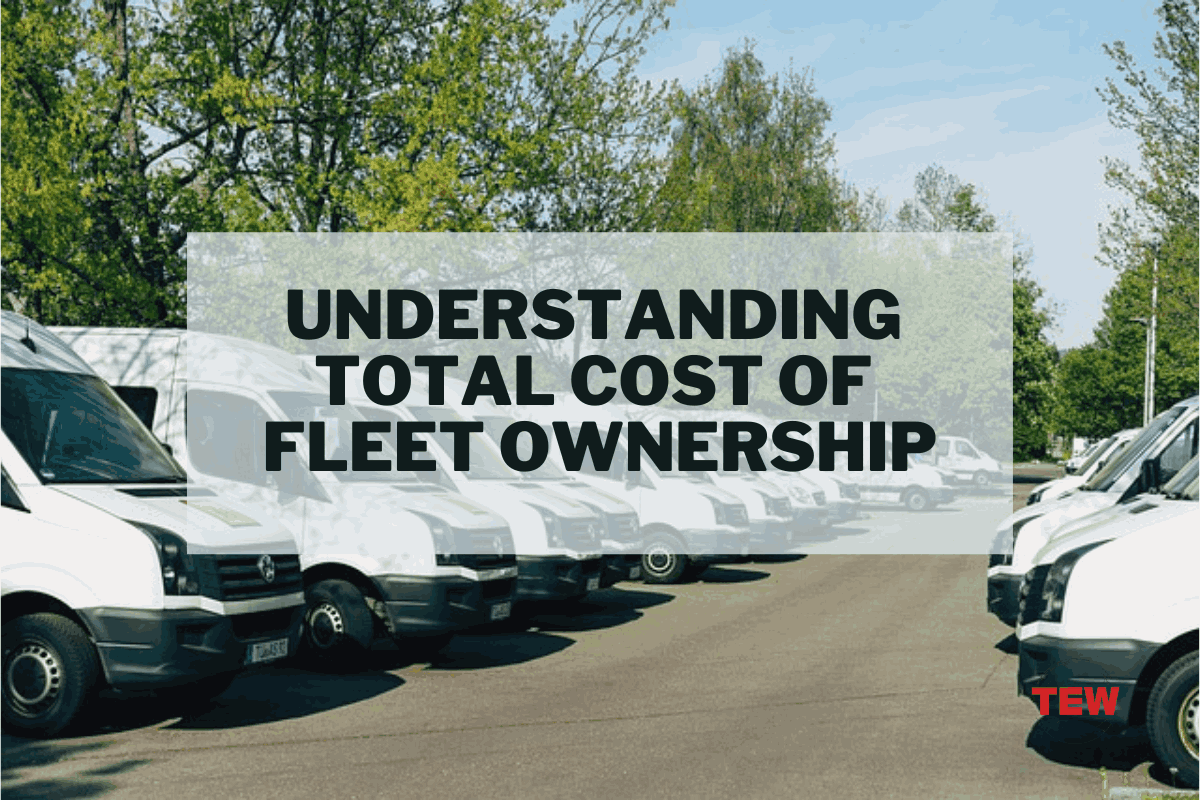Fleet Management – Fleet management refers to the overall actions that take place to keep a fleet running efficiently, on time, and within budget. It can be defined as the processes used by fleet managers to monitor fleet activities and make decisions from asset management, dispatch and routing, and vehicle acquisition and disposal.
Business vehicles are likely to be one of the most important, and most expensive purchases you make as an entrepreneur. There are countless business models which rely on the use of vehicles on a daily basis, from delivery services to companies who support customers with engineers in the field. With a little luck, if you know how to run your company effectively, and maintain your vehicles, the amount you spend on these essential tools should be quickly balanced out by the amount of cash you can make.
However, it’s still a good idea to make sure you know exactly what kind of costs you’re going to be expecting before you dive in. Here are three of the often forgotten, but crucial costs associated with business vehicles which you might have forgotten to add into your budget.
1. Team Training Costs
You might not need to pay for a team member to get their driving license, but it may be important to provide your team members with additional training from time to time. Offering those in your fleet additional driving education to improve their safety on the road or make them more efficient with their fuel use can save you a lot of cash in the long-term.
There are many ways tech will be used to upgrade lifestyles and businesses in the coming years. If you’re going to be using specialist vehicles in your business, you may need to provide your employees with additional training so they can become certified to utilize your vehicles as effectively as possible. Keep this in mind when you’re planning how much you’re going to spend.
2. Insurance Costs
All vehicles require insurance so they’re legal to drive on the roads. The exact level of insurance and protection you need will depend on a number of factors, including what kind of vehicles your team members are going to be working with. In some cases, you may be able to get discounts and deals on insurance for a large number of employees. However, you may also need to consider things like getting boxes attached to vehicles so your insurance provider can track the safety of your team.
3. Fleet Management Software
When you’re spending a fortune on essential vehicles for your company, it’s crucial to make sure your employees are utilizing these resources correctly. Fleet management tools with access to GPS tracking and other essential features will be crucial in getting the most out of your purchase. Make sure you can track everything with the help of Fleet management tools from the routes your employees take on a daily basis, to how much fuel they’re using. This information will help you to make better decisions about how to guide your employees towards better driving habits.
4. Maintenance
All mechanical products, including cars, will eventually start to deteriorate over time. You’ll need to make sure you’re paying close attention to staying on top of the maintenance schedule for your vehicles if you want them to last as long as possible.
Finding a reliable provider of maintenance services for your entire fleet can help you to save some money on some more significant long-term costs. Make sure any maintenance you do invest in also aligns with the standards set by your insurance provider.




